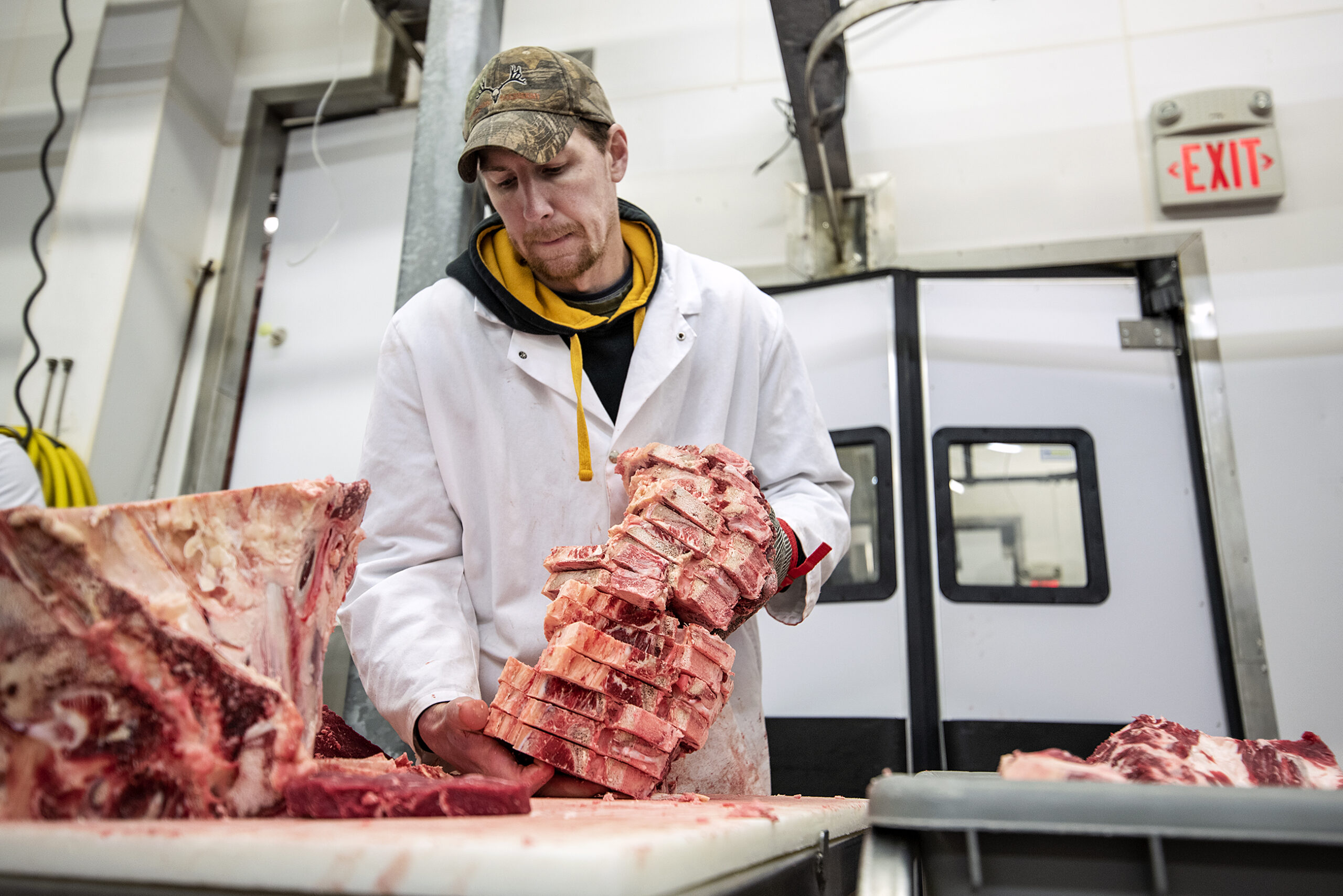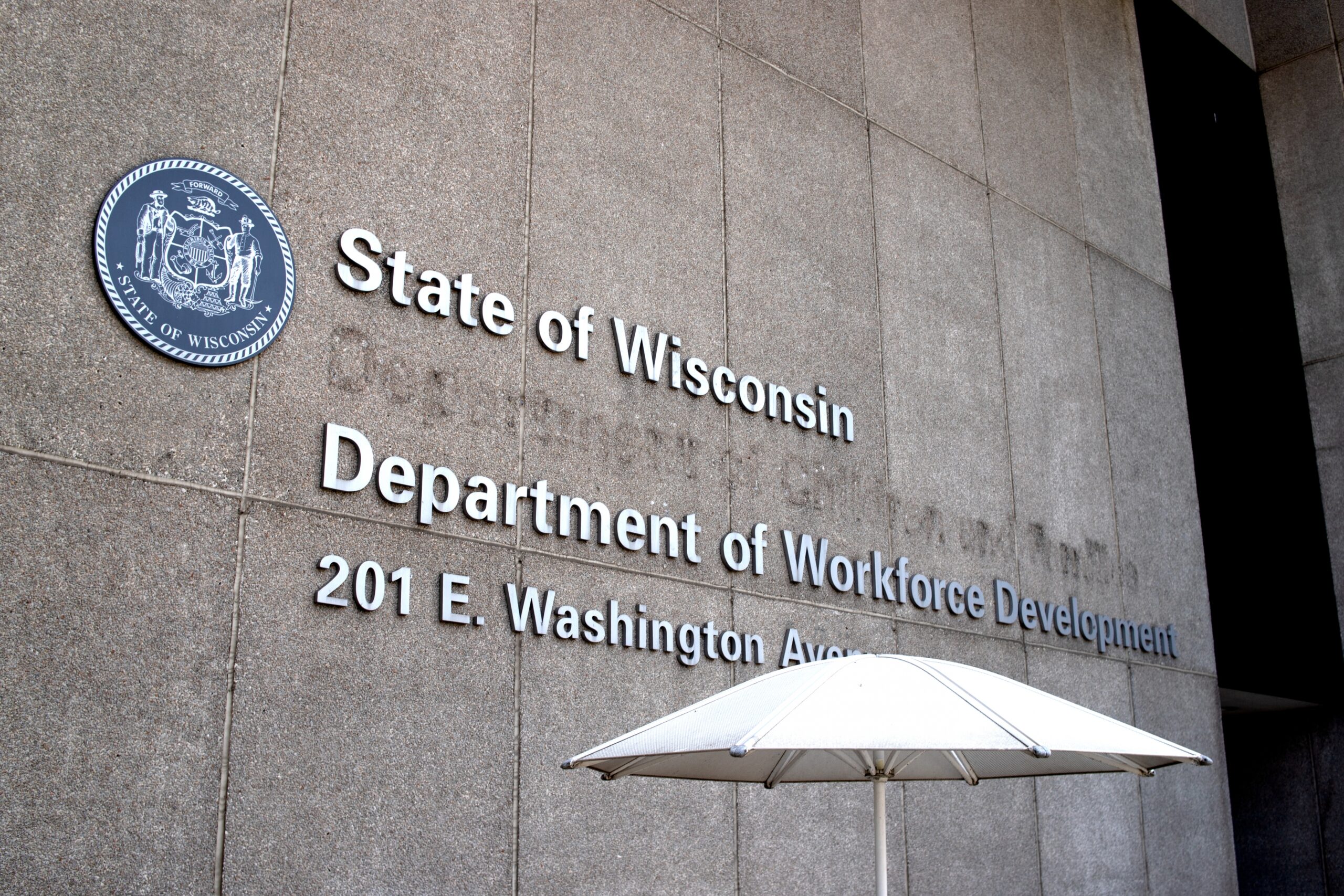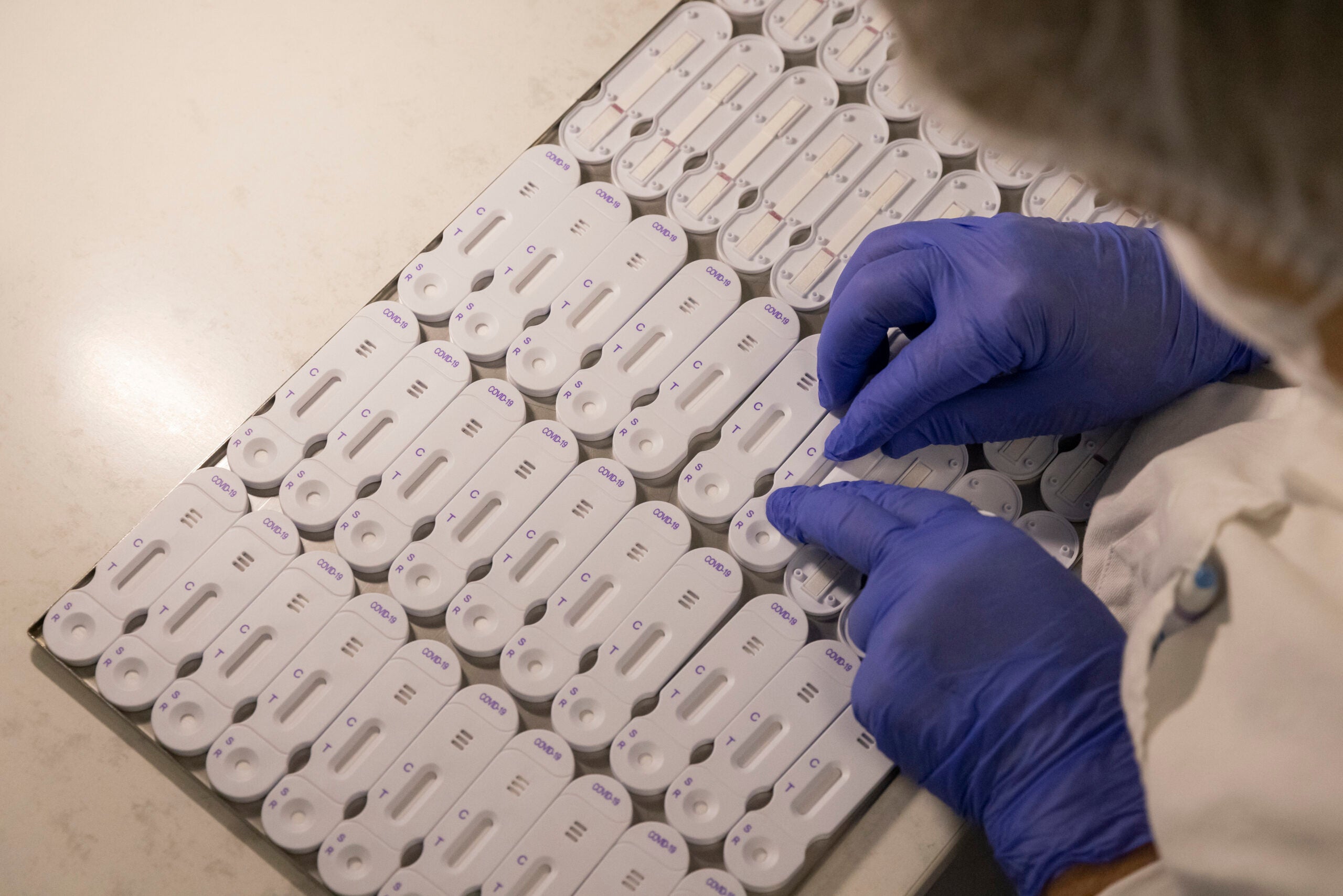The GOP-led state Legislature gutted Gov. Tony Evers’ plans for an annual grant program for meat processors in last year’s state budget process, allocating only a tenth of the funding originally proposed. But the Democratic governor has found a way around the cut by allocating federal pandemic recovery money for his own program.
Evers announced the creation of a new Meat and Poultry Supply Chain Resiliency Grant program on Monday, allocating up to $10 million in funding from the American Rescue Plan Act.
Meat processors will be able to apply for up to $150,000 in grant funding for improvements or expansions in their facility that will increase harvest capacity or production. Processors will be required to match 100 percent of the grant amount they receive.
News with a little more humanity
WPR’s “Wisconsin Today” newsletter keeps you connected to the state you love without feeling overwhelmed. No paywall. No agenda. No corporate filter.
The new funding comes on top of the Meat Processor Grant program created in the 2021-23 biennial budget last summer. Evers originally asked for $2 million annually for that program, but state lawmakers only allocated $200,000 each year in their version of the budget. That funding was awarded to five meat processors earlier this month.
“Despite having $200,000 for this year’s round of Meat Processor Grants, we received 100 applications requesting over $4.4 million in funding. So it’s clear that processors want to increase their throughput capacity,” Evers said during a call with reporters Monday.
Evers said the meat processing industry has struggled with the impacts of the COVID-19 pandemic from the beginning, with outbreaks at the country’s largest processing plants causing supply chain problems and shortages of products on grocery store shelves. While local and regional processors have continued to see extraordinarily high demand for their products, many say the high cost of expanding their capacity is out of reach.
Evers said the state’s pandemic recovery funds will help processors overcome that cost and create better resiliency for the industry moving forward.
“They need the state’s support to ensure the agricultural industry can keep thriving in the face of continued supply chain issues and other challenges,” he said. “This strategic investment will allow us to continue supporting our meat processors as they work to modernize and ensure long-term growth.”
Paul Wery is owner of Paulie’s Chop Shop, a new butcher business being built in Luxembourg. He received $50,000 from the Meat Processor Grant program earlier this month.
“We used like two-thirds of it for equipment and then a third of it we used for our fabrication guy to do the welding and machining for making our rails for our kill floor and our coolers,” Wery said.
Wery said he was grateful for the funding. But ultimately it’s only a fraction of the costs he faces to build a processing facility.
“When you’re talking about the meat industry and how expensive some of this stuff can be to get going or even like you’re talking about expansion, I mean, it’s crazy the cost of how much it is in this industry,” he said.
Wery said demand from consumers and livestock producers has not slowed for regional processors since the start of the pandemic. So he’s excited to see additional funding being allocated to the industry.
“Hopefully it helps a lot more of the processors in the state. Especially because of how many of the older processors are starting to shut down, just because of age or their facility isn’t up to par,” he said. “They don’t want to spend the money to invest up to where they need to be, and they just call it quits. And then you’ve got your other ones that are trying to get going or add on to meet the demands of the people shutting down.”
Wisconsin Department of Agriculture, Trade and Consumer Protection Secretary Randy Romanski said there are a few differences between the Meat Processor Grants created in the state budget and the new resiliency grant program. He said one of the most important is the cap for a single grant was raised to $150,000, providing opportunities for processors that need projects with a bigger price tag.
“These are expensive expansion projects and so additional funding will be available,” Romanski said Monday. “It could also increase harvest or rendering capacity. So we’ve made renderers a potential applicant so they can apply. That’s another part of the industry that could use some strengthening because of some of the disturbances we’ve seen in the supply chain.”
DATCP will accept applications until Friday, Aug. 19. Romanski said his agency wanted to give processors plenty of time to apply because the upcoming fair season is often a busy time for the industry. The request for proposals and application is available on DATCP’s website.
The new grants are not the first time Evers has used pandemic recovery funding to help the food and agriculture industries.
In January, Evers allocated $5 million of the state’s American Rescue Plan Act funds for meat talent development assistance. It was another state budget proposal from Evers that was cut by lawmakers. DATCP was directed to use the funding to “attract and provide financial support to students in Wisconsin meat processing training programs, as well as support program development and connect the meat processing industry with potential employees.”
When asked how much of the pandemic relief funding the state had left, Evers said his administration is “still evaluating that.”
“We have several projects ongoing that we don’t know how much is used or not used,” Evers said. “We still believe we’ll be releasing some funds along the way. But it all depends on different projects, whether they use all of them or not.”
Evers also allocated $2.2 million of the relief funds to the city of Milwaukee for violence prevention efforts Monday. In the last month, the governor has directed $25 million for small business grants and $5 million to support economic growth and community development in Milwaukee’s near west side.
Wisconsin Public Radio, © Copyright 2025, Board of Regents of the University of Wisconsin System and Wisconsin Educational Communications Board.






